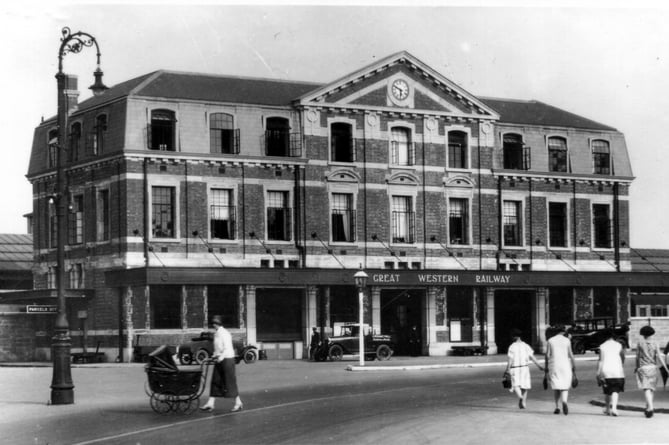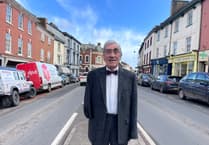The Devon History Society is holding its spring conference at Newton Abbot Museum, on April 23.
The theme is Devon’s Transport in the 1920s.
Spokesperson Julia Neville said: ‘We’ll be exploring what travel was like for people in towns and villages across Devon when the “Roaring Twenties” came along. The railway network had never been so extensive, or so fully used. But motor road transport promised something the railway could not provide – access down country lanes and door to door travel.
‘The popularisation of motor transport after the First World War opened up new horizons.
The holiday industry benefitted from better access to Devon’s beauty spots by charabanc or bus. The range of business deliveries was no longer dependent on the energy of the horse pulling a cart. What were the impacts of these changes on Devon’s communities? Who were the winners and the losers?’
Professor Colin Divall of York University is the conference’s principal speaker and guide to this time of immense change.
The roads lobby secured improvements to the highways so that motor travel became easier and speedier – and more accident prone.
Motor bikes and motor cars became cheaper and less complicated to run - but traffic congestion became a major town problem. How did this all affect the lives of individuals and families?
Other talks on the day will cover the early rural bus services, the last new Devon railway and the development of the first ‘trunk’ roads. There will also be the opportunity to visit Newton Abbot Railway station (rebuilt in the 1920s) and the Railway Studies Centre at Newton Abbot Library.
Tickets for the Spring Conference on Devon’s 1920s Transport History cost £10 and are available from Eventbrite and via the Devon History Society website, https://www.devonhistorysociety.org.uk/ Tickets can also be booked at Newton Abbot Museum.
Left: Newton Abbot Market in the 1920s (courtesy Richard Harris). Above: Newton Abbot Railway Station.




